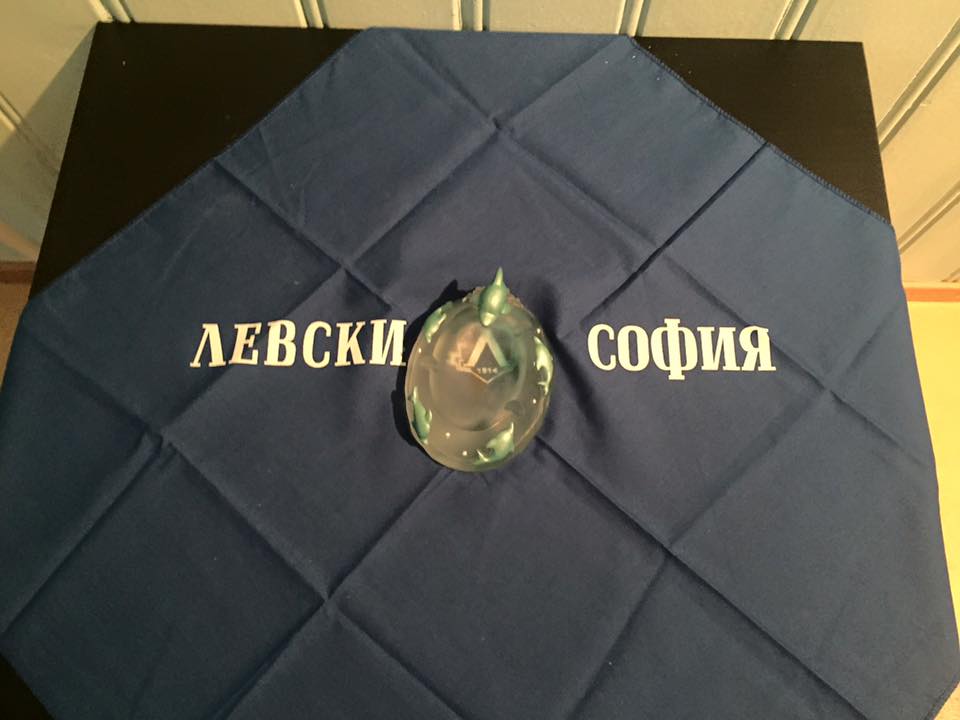
Learn from experts and access insider knowledge. This questionoriginally appeared on Quora. If you are talking specifically about NASA’s planetary science program ( New Horizons at Pluto, Cassini at Saturn, etc), that comes to $1.63 billion in 2016, or about 0.04% of the federal budget. Incidentally, that includes environmental monitoring, aircraft engineering and other Earth-based functions in addition to human space exploration and robotic probes. That means the US devotes about 0.5% of its budget to all things space-related. For 2016, the NASA budget is $19.3 billion, out of $3.95 trillion in federal spending. Then again, it’s not that large when viewed in context. The price tag for all of this is not small. On a more subjective level, I believe exploration is extremely important for fostering a constructive sense of wonder, collective purpose and hope for the future. Ask how many of today’s leading scientists and engineers were inspired by the space program and by the science-fiction shows and movies that fed off of it.
#The space in between we used to dream drivers
Space exploration has also been one of the most powerful drivers of science and technology education in this country. Studies of space weather have been important for protecting satellites and preventing blackouts. Modern robotics, computers, digital photography and digital video, fuel cells, and many other key technology received huge boosts from space-related R&D. Modern satellite communications, weather forecasting and GPS simply would not exist without space exploration (some of it military-focused, admittedly). NASA and related agencies have been powerful drivers of new technology. There are many ways to answer this version of the question. Second, there is the more fundamental question: Is the whole idea of a space program a mistake? After all, we spend billions of dollars each year and what do we get in return? So you could make a good case for waste, but I wouldn’t call any of that a “scam.” It has always been this way, all the way back to the creation of NASA itself. You can’t really blame NASA for following the orders given to it, and for trying to blur the lines so it can sneak some science into politically motivated programs. The problem with the SLS is not the rocket itself, which should be highly capable, but the lack of funding and political support for a larger mission to utilize it.


On the other hand, the ISS may not provide great return on investment as a science outpost, but it has been hugely important as an incubator of international technical cooperation, and as a testbed for long-duration human survival in microgravity. Many people have specifically criticized the main components of the current human space program: the International Space Station and the upcoming Space Launch System. "i have been thinking a lot about one-ness and how all humans are just slightly different variations of each other.But I see two other ideas that might be embedded in the question of whether or not space exploration is a scam.įirst, is any of the money spent on space exploration wasted on ill-advised projects or excess bureaucracy? Any answer to this kind of question is going to be highly subjective, but most people would say “yes.” That is true of any large government agency that has to deal with Congressional mandates, political pressure, constantly shifting directives, multiple contractors, etc.
#The space in between we used to dream software
We can safely say that since plugging in, our neural repertoire has been maximised for optimal fulfilment <3 (a visit to their instagram is advised for pure visual stimulation & website for merch + other hardware For this mix, Dream Software wanted to incorporate a theme of global unity, using various languages and a tribal touch to articulate this message.

It's with open arms that we welcome our first international guest, Dream Software (Bristol, UK).ĭream Software are a label and mix series, and host a radio show on Bristol's Using a selection of balearic, down & up-tempo dream inducers, Dream Software Corp re-aligns neural networks with expert precision.


 0 kommentar(er)
0 kommentar(er)
